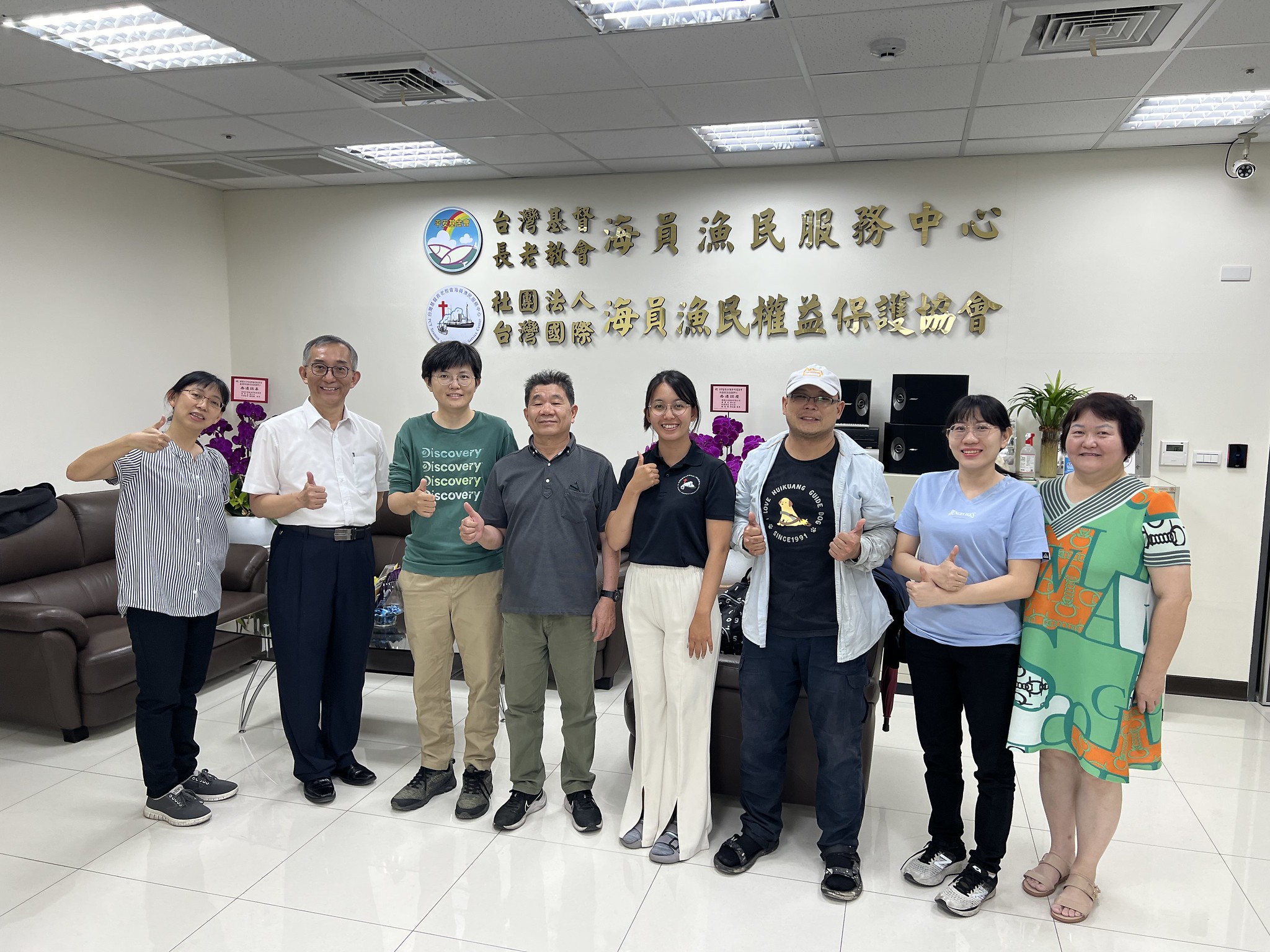by Dr. Jason Zuidema (NAMMA/ICMA)
The bi-annual International Maritime Health Symposium took place in Athens, Greece from October 5-8. This was the first post-pandemic in-person meeting, the last being in Hamburg in 2019. More than 100 port medics, telehealth providers, pharmacists, and health researchers were in attendance. Though the symposium is planned independently, it works hand-in-hand with the International Maritime Health Association and the International Maritime Health journal. Symposium director Dr. Illona Denisenko (maritime medical physician in Moscow, Russia and previous IMHA president) opened the conference emphasizing how happy she was to be together again in person and especially in Greece, as medical doctors are all “a bit Greek” because of the Hippocratic oath. No doubt, throughout the conference participants enjoyed delicious Greek food and warm hospitality.
As expected, key presenters highlighted the results of recent medical research and best practices. Sessions on the maritime prevalence of certain cancers, allergies, colour vision capacity, and early diagnosis of tuberculosis all evoked specific questions from the audience. A noteworthy number of sessions focused on improving Pre-Employment Medical Examinations (PEME). Dental issues were noted as under-reported in PEMEs and have become increasingly seen by telemedical providers when seafarers are on board. Dr. Jason Zuidema presented the project of COVID-19 vaccinations facilitated by seafarers’ welfare centres in NAMMA and ICMA around the world. After the presentation, it was encouraging to meet the many health professionals who partnered with local seafarers’ welfare centres in the vaccination campaign or used the global lists on our websites to find where vaccinations were available.
Perhaps the most sobering statistics on PEMEs came from Margarita S. Huerte of the Nordic Medical Clinic in the Philippines. Her research crunched the numbers on 11,831 PEME exams in the last five years in her clinic. As context, she described that since 2009, the Philippines government classified PEMEs in four categories: class A is seafarer who is fit to work and has no medical issues, class B is fit to work, but has short-term medical issues, class C is fit to work, but with chronic and long-term issues, and class D is deemed unfit for work. Her research pointed out that of those who were deemed fit for work, almost half were in class C.
The conference also featured meaningful conversations from international bodies. A keynote presentation from Jan De Boer of the IMO, highlighted the many guidance documents on health and welfare of seafarers, especially the recent documents of IMO/ILO Joint Working Groups on seafarer abandonment. Natalie Shaw and Emily Yates of the International Chamber of Shipping presented the new International Medical Guide for Seafarers and Fishers published in March 2023 which features contributions from IMHA members. The cooperation with the ICS was worth special note. Dr. Rob Verbist (port doctor in Antwerp, Belgium and current IMHA president) remarked, “Never has IMHA interacted more with the maritime industry than during COVID.”
Seafarers’ mental health and welfare featured strongly on the agenda throughout: significant comment on mental health was noted in presentations of Imogen Stilz (Shell International, UK), Peter Schellenberger, (Novamaxis, Singapore), Simon Grainge (ISWAN), Cor Blonk (Pelagic Frezer-trawler Association), Lukas Belz (Institute for Occupational and Maritime Medicine Hamburg), Kostas Kastoulieris (NorthernStandard P&I Club), Camille Jego (CRAPEM), Alexander Dimitrevich (MHSS), David Lucas (Brest, France), Joanna Szafran-Dobrowolska (Gdynia, Poland), Nigel Griffiths (Marine Advisory Medical Service), and others. Dr. Marta Gruman-Nowak and Dr. Maria Jezewska, current and past editors of the International Maritime Health Journal, noted that there is growing interest in seafarers’ mental health in the journal. They commented that there is still very little literature on seafarers’ mental health, especially from developing countries. They also invited submissions for a new International Maritime Health magazine that will disseminate more popular studies.
Telemedical assistance providers (TMAS) received sustained attention. Several private companies presented their data and recommendations of the past several years. International SOS stats show 1.2% of their 8060 cases in 2021-2022 were mental health-related. However, worryingly, they also noted that there “very low” utilisation by seafarers of the offered counselling services after a traumatic incident like a death on board.
A panel of public TMAS Services from Italy, Norway, and Denmark was convened to discuss the new project of the ITF Seafarers’ Trust to publish annual statistics. For the moment the statistics only include a selection of public TMAS services, but private company statistics might be added in the future. The overall goal of the project – like the whole International Maritime Health Symposium – is to get a better sense of the medical issues of seafarers, and, thereby, to learn how we can help support all of those who go down to the sea on ships.
ISMH17 is planned for Rotterdam, Netherlands from 11-14 June 2025.





